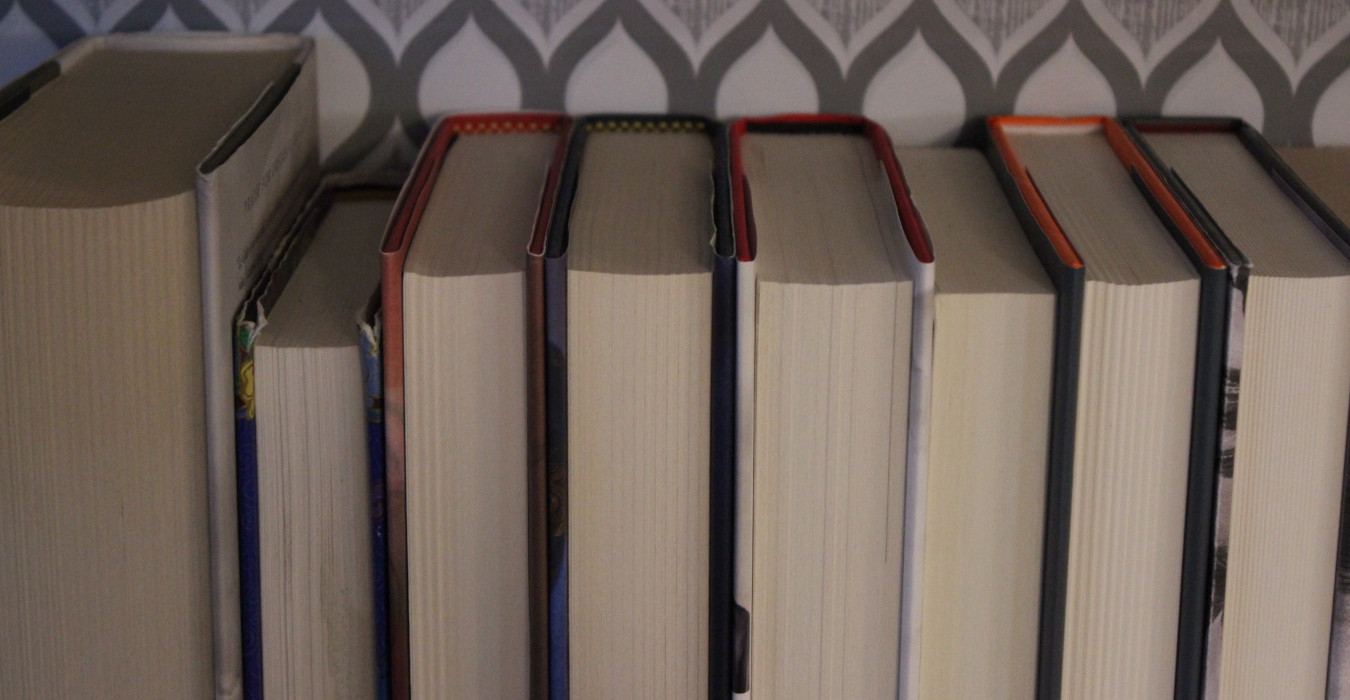Let me tell you a story. When I was in high school, I had this idea to start a creative writing group. I’d been a part of one in middle school, but sadly, my high school was lacking in that area. I had spoken to other students to get their feedback, and then my English teacher gave me the go-ahead.
She also mentioned that my “Writer’s Nook” would be teaming up with another group. Each group would be led by different people and have different goals, but since we would attract a similar group of people, it made sense for us to share a digital space.
This other club called themselves the “Role-Play Writing” group (RPW), and I didn’t know much about them.
As it turns out, what they did wasn’t really “roleplaying” in the sense I was used to, but more of a collaborative writing project. Each writer had one or two characters (some had many, many more, but perhaps we’ll save that for another day), and using those characters, they would build a story. Once that was explained to me, I was interested. I decided to join the group, but I warned them I wasn’t sure how active I would be, since I had my own leadership responsibilities.
My warning was ultimately meaningless, because it didn’t take long for me get into RPW (some might say in too deep, but that’s a bit harsh I think). I fell in love with the challenge of writing a complete story together, especially on a time limit – the length of the school year. The people I was working with were funny, interesting, and all brought something unique to the table. We became more than just writing partners; we became friends. Even now, three or four years after we all graduated, I still keep in touch with a few of them.
All of this to say, RPW was a unique writing experience for me that I’m not sure I’ll ever be able to replicate. I’ve been thinking about it a lot lately, so today, I invite you to do on a little nostalgia trip with me as I share a few of the things that RPW taught me about writing.
How to plan ahead (but also think on my feet)
Our RPW club was an interesting experiment, because the name implies that there was a lot of spontaneity involved, which there was. Surprisingly, however, the story itself was more planned out than you might think. We had biweekly meetings online to talk about what was going on and where we wanted to go next, and outside of that, we had online discussion boards where we could communicate more regularly. There was a lot of behind-the-scenes planning that went into our stories, and it required a lot of collaboration (more on that in a minute).
But there were a lot of spur-of-the-moment decisions, too. You could never fully plan out what another writer might do, so there was always that burst of excitement when you saw that someone’s character had responded to yours. You could try to guess what they might do or say, but there was always an element of surprise.
As someone who likes to plan out all the little details, I don’t do well with spontaneity. RPW taught me to plan well, but also how to deal with surprises – and that’s a principle that goes for writing solo, too. You might not think your own characters can surprise you, but they can. Believe me. Sometimes I get to a part in my outline and the characters are like “Eh, that’s more like a suggestion, right?”
The point is, find balance between planning and improvising. Both skills are important to writing, so find a combination that works for you.
How to handle a big story
Since there were a lot of us writing together, our RPW stories had a tendency to get pretty complex. There was one main plot, of course, but a lot of subplots and character arcs and other things happening on the side. All writers wrote for at least one character (many had more than one), so as you can imagine, things grew in scale pretty quickly.
Granted, it was easier with RPW because we could divide the work among the different writers. A project on as large a scale as RPW would be challenging to achieve as a lone writer (though I’m sure it’s been done). The same lessons still apply, though – we had to make sure each character had a role, and each subplot contributed to the overall story (well, most of the time anyway). That goes for any story, whether it’s a few pages or a few volumes.
The value of another perspective
Speaking of collaborating, one of the biggest benefits of participating in RPW was being able to get a lot of different ideas from a lot of different people. Because we were writing as a group rather than individuals, we all had input on larger elements like setting and plot, as well as the details in individual chapters and scenes.
Sure, this caused some struggles sometimes – one person might want to move the plot one way, while the other wanted it to go in the opposite direction. Most of the time, however, it allowed us to generate a lot of interesting ideas. Each person brought something unique to the table that none of the others had thought of before. It also allowed us to combine our ideas and make something truly different.
Writing doesn’t always allow such high levels of collaboration like RPW did, but it still highlights the value of getting another perspective when you’re working on stories. It’s easy for us to stall on a project, since we’re so often stuck in our own imaginations, but talking to other writers and hearing their thoughts on an issue can help us turn our thinking around and find a different way to overcome that obstacle.


Leave a Reply